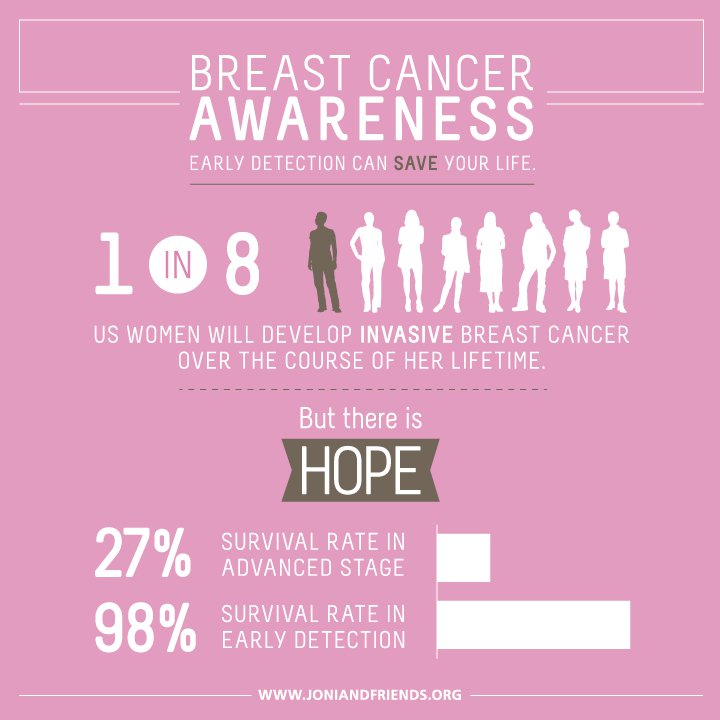
Diagnosed with Cancer? Your two greatest challenges are understanding cancer and understanding possible side effects from chemo and radiation. Knowledge is Power!
Learn about conventional, complementary, and integrative therapies.
Dealing with treatment side effects? Learn about evidence-based therapies to alleviate your symptoms.
Click the orange button to the right to learn more.
- You are here:
- Home »
- Blog »
- side effects ID and prevention »
- Reconstruction After Mastectomy: Now or Later?
Reconstruction After Mastectomy: Now or Later?

Two new studies may help breast cancer patients and their doctors make treatment decisions involving immediate breast reconstruction after mastectomy.
One study finds that about half of women who need radiation therapy after having had a mastectomy with immediate reconstruction develop complications that require additional surgery.
Another study finds that chemotherapy does not affect complication rates after mastectomy and immediate reconstruction.
Both reports are published in the September issue of the Archives of Surgery.
The growing trend toward immediate reconstruction “has turned into a runaway train,” said researcher Dr. Rodney Pommier, professor of surgery at Knight Cancer Institute, Oregon Health & Science University in Portland. Some women, he said, would be better off delaying it.
Pommier and his colleagues evaluated 302 women who had mastectomies; of these, 152 had reconstruction, including 131 immediately, and 100 had radiation after the mastectomy.
Among those 100 who needed radiation, complications occurred in 44 percent of those who had immediate reconstruction but only in 7 percent of those who did not have immediate reconstruction.
Both scenarios — having radiation after mastectomy and having reconstruction done immediately — strongly predicted the risk of complications, Pommier’s team found. Radiation tripled the risk, and immediate reconstruction increased the risk eightfold.
Implants had to be removed in 31 percent of patients who had radiation after mastectomy, compared to just 6 percent of those who did not have to have radiation, the researchers reported.
“We were surprised that one in three lost implants,” he said. His team was also surprised at the complication rates overall. “I think it was known that complication rates [among those who need radiation] are fairly high, but I don’t think they have been quantified,” he noted.
The results, Pommier said, have changed his thinking. He now suggests that having a biopsy of the sentinel lymph node (the first to receive drainage from a tumor) before deciding whether to have immediate reconstruction would be wise. “If the sentinel node is negative, there is a low probability they would get radiation,” he explained.
This biopsy is typically done at the start of the mastectomy, he said. But it can be done as a 30-minute outpatient procedure before the mastectomy is scheduled and before the reconstruction decision is made. In determining who will need radiation after mastectomy, doctors consider biopsy results as well as other factors, such as tumor size.
In the second study, researchers from the University of California, San Francisco, found that chemotherapy, either before or after the mastectomy and immediate reconstruction, had no bearing on complications and the need for more procedures.
Overall, 31 percent of 163 patients studied (some of whom received chemo, and some who did not) had a complication that required a return trip to the operating room. But the rate didn’t differ based on whether the woman received chemo before surgery, after, or not at all.
The two new studies are putting some numbers behind what doctors have observed in patients, said Dr. Joanne Mortimer, director of the women’s cancer program at City of Hope Comprehensive Cancer Center in Duarte, Calif., who reviewed the findings.
“I think they actually put in writing what physicians have appreciated clinically,” she said.
While immediate reconstruction can help a woman cope psychologically, Mortimer said, sometimes it is not best in the long run if a woman needs radiation.
Mary Miller- Breast Cancer Profile in Courage
Using complications associated with postmastectomy radiation and immediate breast reconstruction to improve surgical decision making.
“OBJECTIVES: To identify factors independently associated with surgical complications in oncologic and reconstructive surgery and to examine sentinel lymph node (SLN) biopsy data, along with variables that are typically known prior to definitive resection, for their ability to impact the prediction of the need for postmastectomy irradiation (PMRT).
PATIENTS: Mastectomy patients with stage I to III breast cancer treated in 2000 to 2008.
MAIN OUTCOME MEASURES: Complication rates of oncologic and reconstructive surgery requiring reoperation and clinicopathologic variables that independently predict complications and/or PMRT administration by multivariate analysis.
RESULTS: Among 100 of 302 mastectomy patients who underwent PMRT, complications occurred in 44% who underwent immediate breast reconstruction (IBR) and 7% who did not (P < .001). Postmastectomy irradiation independently predicted the occurrence of a complication (odds ratio, 3.3; P < .001). Implants were removed in 31% of patients who underwent PMRT and 6% of patients who did not (P = .005). Three percent of patients with T2 or smaller tumors and zero positive SLN required PMRT. Among those with T2 tumors, 49% with a positive axilla lymph node underwent PMRT. Independent predictors of PMRT need were T2 vs T1 tumors, positive axillary lymph node status, and the number of positive SLNs, with odds ratios of 5.8 (P < .001), 14.5 (P < .001), and 2.1 (P = .001), respectively.
CONCLUSIONS: Postmastectomy irradiation was associated with a high rate of surgical complications and implant loss among patients who underwent IBR. Determining the number of positive SLNs prior to definitive resection and reconstructive operations may reduce complications and implant loss by guiding surgical decision making. Patients with a negative SLN are unlikely to require PMRT. Those with positive SLN(s) are high-risk IBR candidates with a quantifiable PMRT risk.
PMID: 20855758
Impact of chemotherapy on postoperative complications after mastectomy and immediate breast reconstruction.
OBJECTIVES: To determine the impact of chemotherapy and the timing of chemotherapy on postoperative outcomes after mastectomy and immediate breast reconstruction.
PATIENTS: One hundred sixty-three consecutive patients undergoing mastectomy and immediate breast reconstruction.
INTERVENTION: Systemic chemotherapy for breast cancer.
MAIN OUTCOME MEASURES: Postoperative complications following mastectomy and immediate breast reconstruction.
RESULTS: One hundred sixty-three patients underwent mastectomy and immediate breast reconstruction during the study period, with a mean postoperative follow-up of 19.2 months. Sixty-six percent of the patients had expander/implant reconstruction, while 33% underwent autologous reconstruction. Fifty-seven patients received neoadjuvant chemotherapy and 41 received postoperative chemotherapy. Eighteen patients (44%) in the adjuvant chemotherapy cohort developed postoperative infections, compared with 13 patients (23%) in the neoadjuvant chemotherapy group and 16 patients (25%) who did not receive any chemotherapy (P = .05). Overall, 31% of patients had a complication requiring an unplanned return to the operating room; this rate did not differ between groups (P = .79). Of patients who underwent expander/implant reconstruction, 8 women (26%) in the neoadjuvant chemotherapy cohort, 7 women (22%) in the adjuvant chemotherapy cohort, and 8 women (18%) without chemotherapy required expander or implant removal (P = .70).
CONCLUSIONS: Although the highest rate of surgical site infections was in the adjuvant chemotherapy group, there were no differences between groups with respect to unplanned return to the operating room, expander loss, and donor-site complications. Neither the inclusion of chemotherapy nor the timing of its administration significantly affected the complication rates after mastectomy and immediate breast reconstruction in this population.
PMID: 20855759


